The results underscore the rapid pace of development of AI systems, and show that Google and OpenAI are now on an even keel in the AI race.
AI companies are competing fiercely to create the perception that they are leading the way – a “war of emotions” that can have a big impact on attracting top AI talent. Many AI researchers come from competitive math backgrounds, so milestones like IMO are especially meaningful.
In 2024, Google won a silver medal at the IMO using a “formal” AI system, which required humans to translate the problem into computer language. This year, both OpenAI and Google entered “informal” AI systems, which can read a problem and generate a proof-like solution in natural language.
Both companies claim their AI models answered five out of six questions correctly, scoring higher than most high school students and outperforming Google's system last year without translating the questions into machine language.

Google DeepMind representative at IMO 2025. (Photo: Google)
In interviews with TechCrunch, OpenAI and Google’s IMO researchers said these gold-medal performances are a breakthrough in building AI reasoning models for domains that are difficult to verify. While reasoning models typically do well on questions with clear answers, like simple math or programming, they struggle with highly ambiguous tasks like choosing a good chair or supporting complex research.
However, Google is questioning OpenAI’s approach to announcing its IMO achievement. Shortly after OpenAI announced its achievement on the morning of July 19, Google DeepMind CEO and researchers took to social media to criticize OpenAI for announcing its gold medal achievement so early—so soon after IMO announced the students’ results the night before—and because OpenAI’s model had not been formally evaluated by IMO.
Thang Luong, a senior researcher at Google DeepMind and head of the IMO project, told TechCrunch that Google waited until July 21 to announce the results out of respect for the contestants.
Luong said Google had been working with the IMO organizing committee since last year to prepare for the exam and wanted confirmation and official scoring results from the IMO President before announcing them. “The IMO organizing committee has its own scoring guidelines,” Luong said. “So any assessment that is not based on those guidelines cannot be declared gold medal level.”
Meanwhile, Noam Brown, a senior researcher at OpenAI who worked on the IMO model, said that the IMO organizers had contacted OpenAI a few months ago to invite it to participate in the formal exam, but the company declined because it was focusing on developing its natural language processing system. Brown said that OpenAI was unaware that IMO was hosting an informal exam with Google.
OpenAI said it hired an independent panel of judges – three former IMO medalists – to evaluate its AI model. After learning of the gold-medal score, OpenAI contacted the IMO and was advised to wait until after the awards ceremony on the evening of July 18 to announce it.
IMO did not respond to TechCrunch's request for comment.
According to TechCrunch, Google isn’t entirely wrong: the company followed a more formal and rigorous process to achieve its gold medal score, but the debate may obscure the bigger picture: AI models from many of the top labs are improving at a rapid pace. Countries around the world sent their best students to IMO this year, but only a tiny percentage of them scored on par with OpenAI and Google’s models.
While OpenAI has seemed to be well ahead of its industry rivals, the race is now much closer. OpenAI is expected to release GPT-5 in the coming months, and the company is certainly keen to maintain its image as an AI leader.
The 66th International Mathematical Olympiad was held from July 10-20 in Sunshine Coast, Queensland, Australia, with the participation of more than 639 contestants from 113 delegations representing countries and territories. The total number of medals in this year's competition includes: 72 row medals, 104 silver medals and 145 bronze medals.
The IMO 2025 exam consists of 6 problems: 2 arithmetic problems, 2 combinatorial problems, 1 geometry problem and 1 algebra problem (with combinatorial statements and combinatorial thinking requirements).
Source: https://vtcnews.vn/openai-va-google-cung-dat-huy-chuong-vang-toan-imo-2025-vang-thau-lan-lon-ar955683.html


![[Photo] Prime Minister Pham Minh Chinh chairs the first meeting of the Central Steering Committee on housing policy and real estate market](https://vphoto.vietnam.vn/thumb/1200x675/vietnam/resource/IMAGE/2025/9/22/c0f42b88c6284975b4bcfcf5b17656e7)










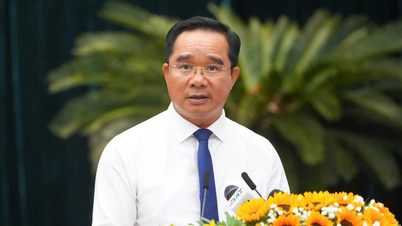
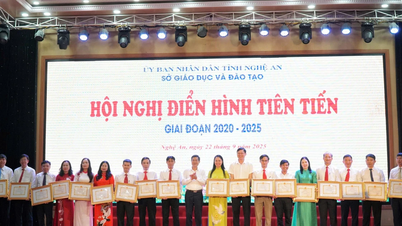








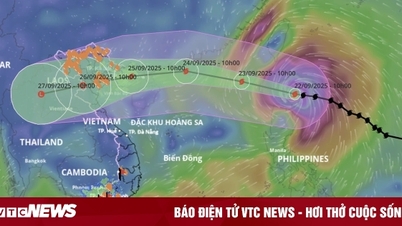
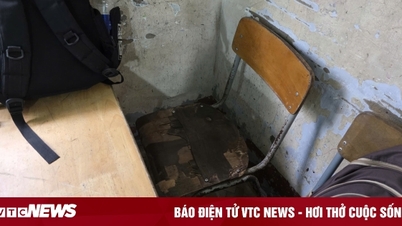




![[Photo] General Secretary To Lam presents the First Class Labor Medal to the Vietnam National Energy and Industry Group](https://vphoto.vietnam.vn/thumb/1200x675/vietnam/resource/IMAGE/2025/9/21/0ad2d50e1c274a55a3736500c5f262e5)



























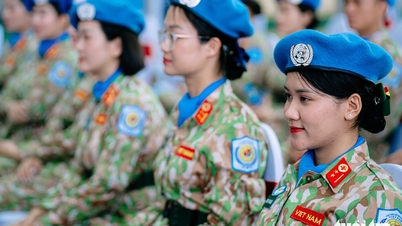








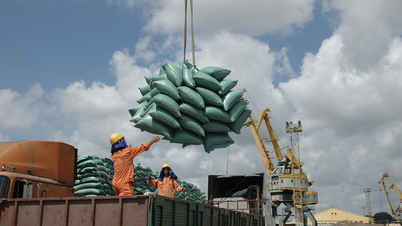












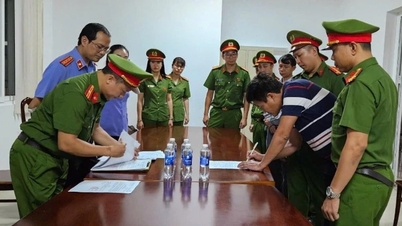










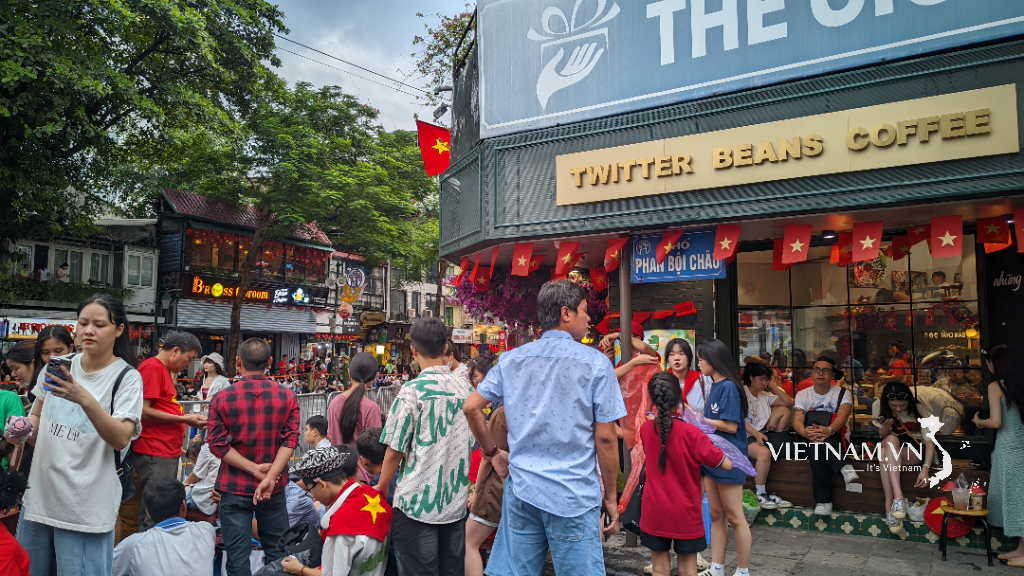
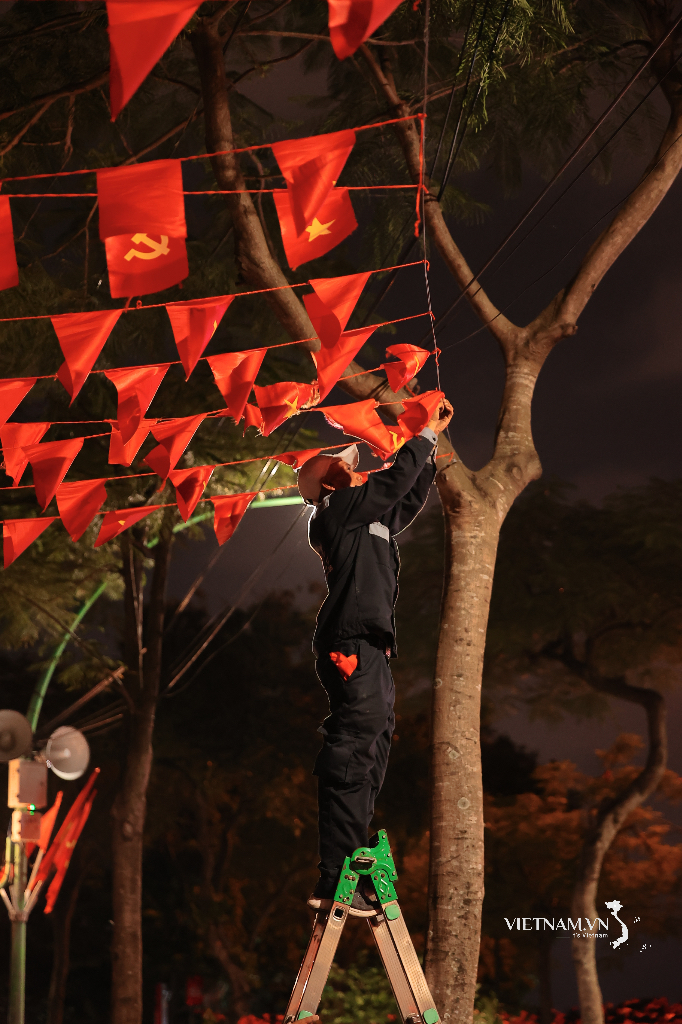


Comment (0)